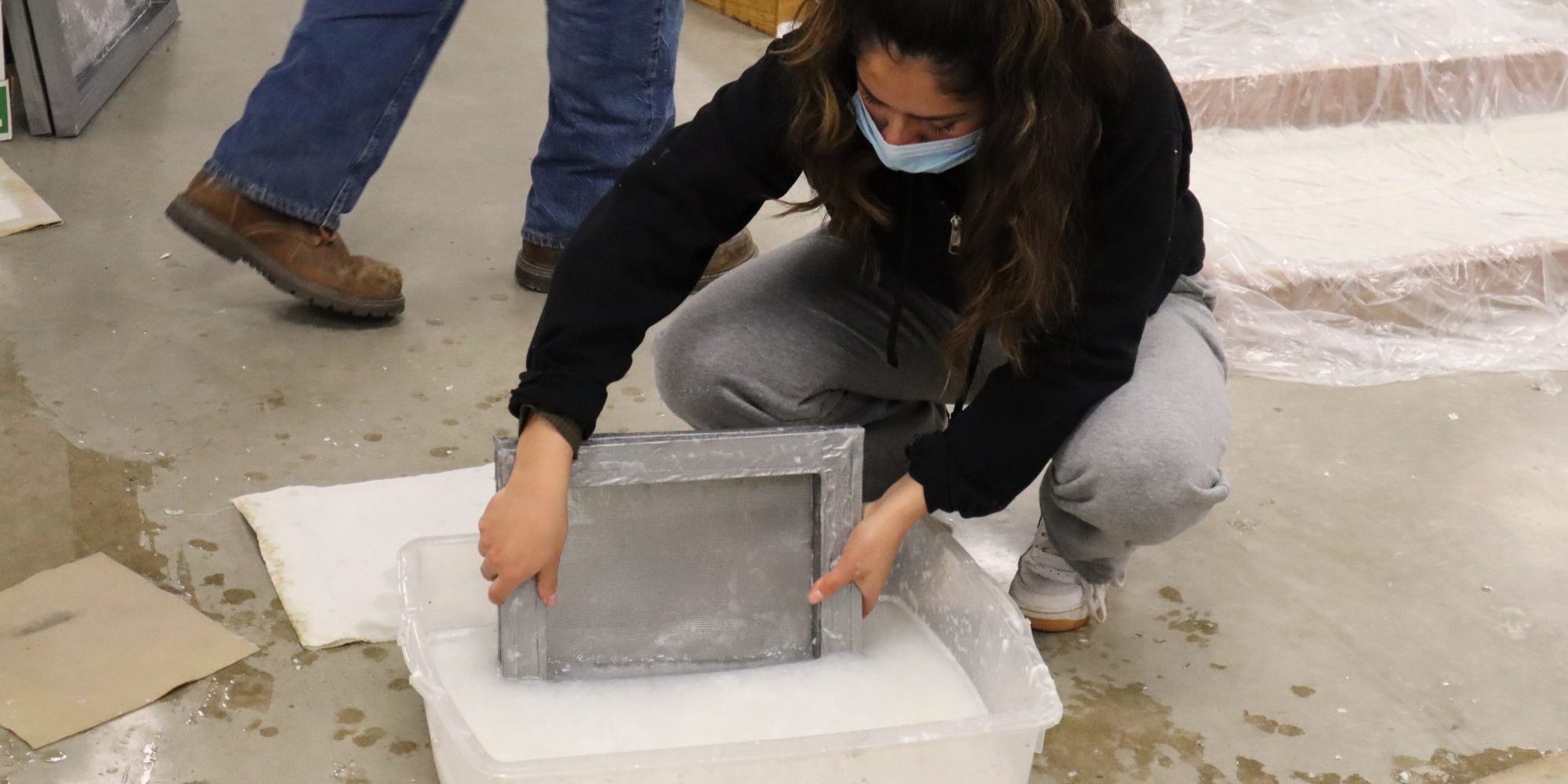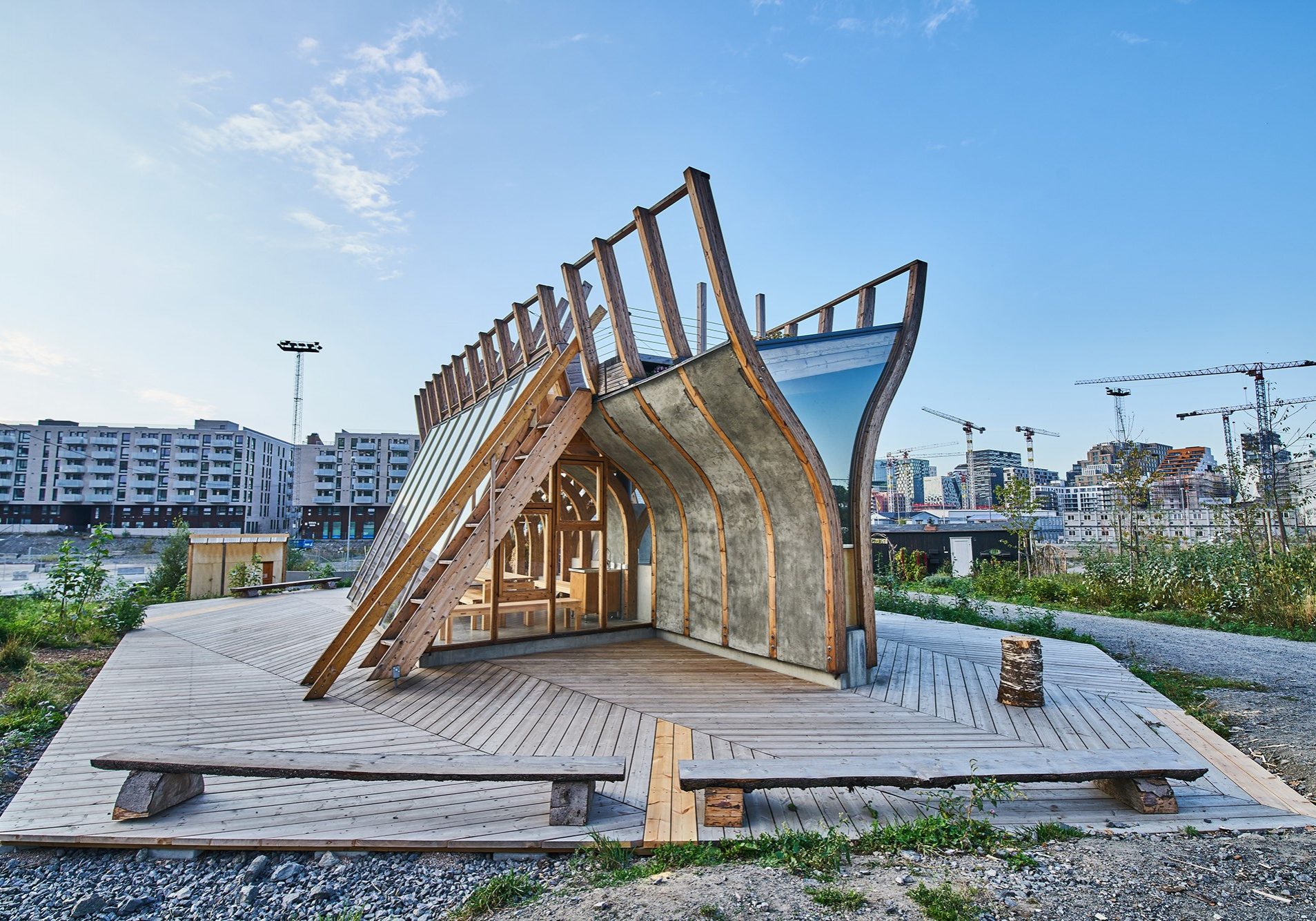COURSES
Academic Program Offerings
A 2-course sequence, counting for AUCC credits, that introduces students to the complexity of Humanities-based thinking, and investigating the way such thinking can enter into STEM concerns.
- IU174A-D: Questions for Human Flourishing
- IU173A-D: Thinking Toward a Thriving Planet
A certificate in interdisciplinary learning that includes IU173 and IU174 along with 9 additional upper-division courses in the CLA that further the vision of the Arts & Humanities and the STEM fields as necessary partners
IU174A-D
Questions for Human Flourishing
We call Questions for Human Flourishing our “Gold” course—color of ripe wheat and the nourishing grain, precious metal that keeps its luster across millennia. These classes approach concerns that have been our deepest cares since humans have been human. Devoted to discussion and inquiry, recent Gold classes have examined “Truth & Beauty,” “Happiness,” and the roots of “Inspiration”


IU173A-D
Thinking Toward a Thriving Planet
We call Thinking Toward a Thriving Planet our “Green” class—color of the lush meadow, color of the summer leaf. Our Green classes merge the Arts & Humanities with concerns that prevail in STEM fields, furthering our belief that interdisciplinary learning leads to mutual thriving. Recent courses explore the ethical and aesthetic relation of humans to the more-than-human-world, and a class investigating the various ways in which knowledge can be built.
AUCC Credits
All our courses count for the AUCC in four different categories:
- A = 1C Diversity, Equity, Inclusion
- B = 3B Arts & Humanities
- C = 3C Social Sciences
- D = 3D Historical Perspectives
Spring 2026 Classes
Gold: Questions for Human Flourishing
IU 174B.002 – CRN 22366; T/TH 2-3:15
John Kneisley
Green: Thinking Toward a Thriving Planet
IU 173B.001 – CRN 22339; TR 12:30-1:45
Robin Walter
Within its definition, the word “Encounter” holds multiplicities:
- to come upon face-to-face
- a coming into the vicinity of a celestial body
- a meeting between hostile factions or persons : a sudden often violent clash
In this class, we will explore how each of these modes of encounter shapes the ways in which we open ourselves to the world around us, and in turn, how it opens to us. How is it that we extend ourselves to the more-than-human world, and what traditions and bodies of knowledge inform our approach?
Throughout this course, we will cultivate what poet C. D. Wright describes as “a sense of wakefulness, of being present for what you’re looking at to reveal itself in more absolute terms.” We will use our words and our minds to reach towards the wild earth, in the hopes that through this reaching we might discover something essential about our own being.
We will follow the streams that braid between the built and natural; human and animal; mind, memory, moss, and song. We will ground our inquiry in an ethic of reciprocity—not that we ‘discover’ the wild world, but that we cross paths with it. To do so, we might adopt a version of R. W. Emerson’s “transparent eyeball,” and endeavor to see our own selves through the world around us. A sounding and surrounding.
Our course of investigation will be far-ranging; it will transcend genre and discipline. We will look towards modern and ancient texts, art, philosophy, film, music, science, and dance. Our efforts will open the possibility of fundamentally reimagining our modes of encounter, the occasions for which will often occur outside the classroom. We might find ourselves on the banks of the Poudre, wandering through a cemetery or museum, or among a herd of horses.
We will grow curious about the nature and quality of our attention; how is it that our minds attend to the complexities of our past, current, and future worlds—those internal and external ecosystems situated in a moment of both great urgency and transformative possibility? Through our pursuit of this inquiry, we will hope to come closer to experiencing the root of the word ‘tend’: to care for, to promise, to give into safekeeping.
Courses Taught
Gold
Green